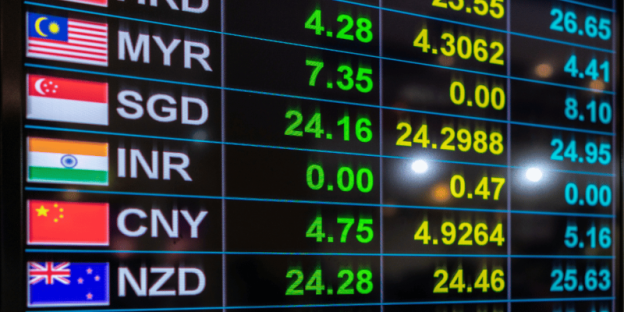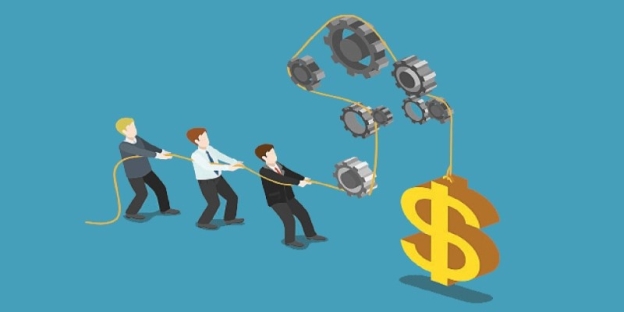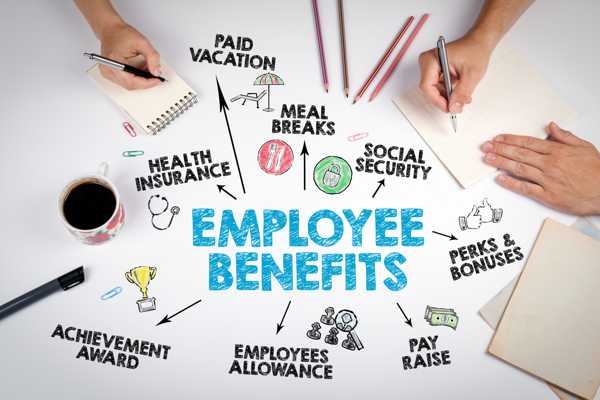car
The Killer 2025 Toyota Prado Has Arrived – Take A Look Inside
1757926296000
Thinking of converting money right before your flight? That move could cost you. A bright pre-trip forex plan helps you avoid unfavourable airport rates, manage your budget more effectively, and ensure that more of your money goes towards your trip, rather than fees.
Thinking of converting money right before your flight? That move could cost you. A bright pre-trip forex plan helps you avoid unfavourable airport rates, manage your budget more effectively, and ensure that more of your money goes towards your trip, rather than fees.
Waiting until you arrive at your destination might seem easy, but it's not usually a wise financial move. Airport exchange counters and hotel desks often offer some of the worst possible rates. You may see signs advertising "zero commission," but the real cost is hidden in the exchange rate itself. You end up paying more and receiving less, without realising it.

Converting money before your trip helps you lock in better rates, avoid questionable charges, and take control of your budget. Many travellers don't realise how much they lose to poor exchange decisions made out of convenience. If you're looking for a cheap currency conversion, thinking ahead is the easiest way to win.
Timing is crucial when it comes to securing a good deal. Exchange rates can shift slightly every day, sometimes even within hours. Starting early gives you room to monitor trends and pick a favourable moment, rather than settling for whatever's available at the last minute.
Ideally, begin checking rates at least two or three weeks before your flight. That gives you time to compare options, whether that's through your bank, a trusted forex website, or a physical exchange office. If you see the rate rising over a few days, you can take advantage of it while avoiding the surge of travellers who do everything two days before departure.
Being prepared also means you won't have to rely on questionable kiosks in airports, train stations, or border crossings. These places often capitalise on urgency, and most travellers fall right into their pricing trap.
There are several innovative options available, depending on your schedule, the amount you need, and the country you're visiting. For most people, the best starting point is their regular bank or credit union. These institutions tend to offer competitive exchange rates, especially for their customers. Some banks even let you order foreign currency online and deliver it to your home or a nearby branch. That can be especially helpful if you live far from a physical exchange bureau.
Online foreign exchange platforms are another good choice, especially if you're comfortable handling things digitally. Many of these services allow you to place a currency order in advance, sometimes locking in a guaranteed rate, which is particularly helpful in a shifting market. They may charge a small delivery fee, but the savings from better exchange rates usually make up for it.
Avoid converting currency at airports, hotels, or tourist-heavy shopping centres. These places mark up rates heavily, sometimes by 10% or more. If you're looking to avoid port exchange rates, don’t wait until you’re at the departure gate to think about money.
Some travellers now opt for prepaid travel cards or digital multi-currency wallets. These tools allow you to load money in advance and spend in local currency without using physical cash. Brands like Wise, Revolut, or even certain bank-issued travel cards give access to mid-market rates and lower fees on international purchases.
The catch is that they may not be accepted everywhere, especially in countries that rely heavily on cash. It's always a good idea to carry some physical currency, even if you plan to use a card for most purchases. A mix of methods can protect you from technical issues, network downtime, or small vendors that only accept cash.
When selecting a travel card, be sure to check for any hidden fees. Some charge for currency conversion, ATM withdrawals, or even inactivity. Others might limit how much you can load or spend per day. Read the fine print before relying on one for your whole trip.
Not necessarily. No rule says you need to convert your entire travel budget before you leave for your trip. Splitting your conversion can help manage both cost and risk. You might exchange enough for the first few days of your journey—transportation, meals, entrance fees—then withdraw more locally if needed.

If you have a no-foreign-transaction-fee credit card, it can also serve as a good backup for hotels and larger purchases. However, never use your credit card to withdraw cash abroad unless it's an emergency. Most issuers treat cash withdrawals as a loan, which means you'll start paying interest immediately, even if you pay it off when you get home.
Also, some countries have particular currency policies. In places like Argentina or Morocco, for instance, exchanging money within the country is more favourable than doing so abroad. In other countries, such as Japan or South Korea, you may be able to secure better rates before you travel. It pays to research your specific destination and familiarise yourself with local currency and customs.
In many destinations, ATMs are a reliable and often cost-effective way to get local currency. However, it depends heavily on the ATM you use and the card you're using. Bank-owned ATMs typically offer better exchange rates and lower fees compared to privately operated machines that often appear in tourist-heavy areas.
To get the most value, choose a debit card with no foreign ATM fees. Some banks reimburse international withdrawal charges or offer partnerships with overseas banks. Before you leave, notify your bank of your travel dates to prevent a security block when using your card abroad.
Always choose to be charged in the local currency rather than your home currency. Some ATMs and payment terminals offer an option to "convert" on the spot. This dynamic currency conversion typically results in a lower exchange rate. Stick to local currency for a better deal.
It comes down to three key things: plan early, avoid last-minute airport exchanges, and mix your methods. A thoughtful travel currency exchange strategy gives you more control and saves you real money. Whether that means using your local bank, ordering online, picking up a prepaid card, or withdrawing cash carefully abroad, the goal is the same—spend less on fees, and keep more for your actual trip.
finance
1757491038000
Finance
1758253497000
health
1758180359000
finance
1757665453000



